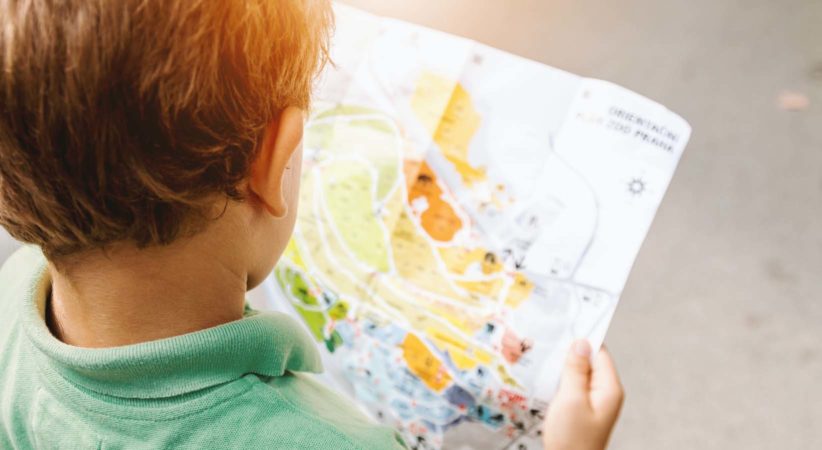
Friday Fun: Scavenger Hunts
A great activity that keeps both the mind and body busy is a scavenger hunt. It’s an excellent way to engage children with their learning and offers an element of gamification. They can learn more about colours, letters, numbers, nature, street signs and much more. Some further skills they will develop during the hunt are problem-solving, creativity and collaboration. For English language learners, clues written in English allow them to think broadly and use reason to work it out rather than simply translating. If you have a group of children, the scavenger hunt can help teach them communication and teamwork.
Another benefit to a scavenger hunt is its customizability. There are so many different themes available that the hunt can be tailored to your child’s interests. Or, flex your creative muscles and make your own!
As mentioned above, scavenger hunts not only exercise the mind but also the body. Incorporate clues that keep the kids moving. Have them run up a hill, crawl into the bushes or climb a tree. The possibilities are almost endless.
This video from the New York State Department of Environmental Conservation offers a great example of a backyard scavenger hunt to practice counting. This hunt can easily be adapted for older children and could take place at your local park if you don’t have access to a yard.
For more ideas for scavenger hunts, read our previous post Screen-Free Scavenger Hunts. Check out the links below for even more fun ideas.
Creative Scavenger Hunts
Geocaching for Teens
If you have tweens or teens to engage, why not try geocaching? Geocaching is a bit like a treasure hunt using GPS technology. There are varying levels of difficulty and a smart phone with the appropriate GPS app is required. In addition to the skills training included in scavenger hunts, geocaching adds digital literacy and map reading skills. Geocaching could also be a good introduction to more complex activities such as orienteering. Here are some links that can help you get started:
Related Blog Posts
Myths and Facts about Dyslexia
How much do you know about dyslexia? Here is an infographic with Myths and Facts about dyslexia that can help you better understand the learning disability. This infographic is part …
Family Literacy Week 2020 – Let’s Read Together!
We’re getting ready to celebrate Family Literacy Week 2020 from January 26th to February 2nd. This year’s theme is Let’s Read Together! with a focus on families reading together to …
Preschool Coding – Hands-On and Screen-Free
Preschoolers can learn early coding skills through hands-on, screen-free activities that are fun. The T in STEM: Creating Play-Based Experiences That Support Children’s Learning of Coding and Higher Order Thinking …
